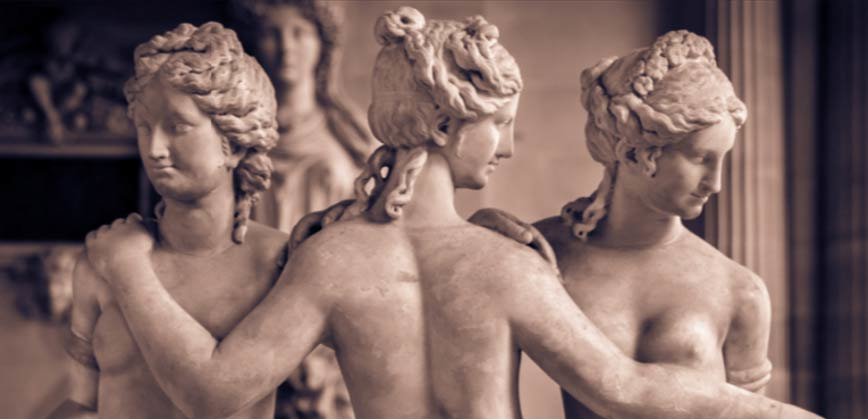Depending upon the time and place on earth in which one lives, the hair on one's head (or the lack thereof) has had intense significance. Belief systems and folklore have long dictated how hair was to be handled and worn: tied up, covered up, grown long, cut short, shaved off, crimped, colored and curled, decorated, twisted, braided, and more. But for many societies, the longer the hair, the better.

In fact, some feel that long hair gave Native Americans certain sensory abilities, acting as a sort of antenna, much like whiskers on a cat.
One report speaks of a claim by a worker at a Veterans Affairs Medical Center in the United States during the Vietnam War. It is alleged that, like the Choctaw and Navajo Native Americans known as 'Code Talkers' during both World Wars, talented scouts were sought to move stealthily through rough and dangerous terrain in conflict zones.
The enlisted recruits, who were well documented as having "outstanding, almost supernatural tracking abilities" were said to not perform as expected in the field, and when questioned about the failures in performance, "the older recruits replied consistently that when they received their required military haircuts, they could no longer 'sense' the enemy. They could no longer access a 'sixth sense', their 'intuition' no longer was reliable, they could not 'read' subtle signs as well or access subtle extrasensory information," writes WakingTimes.com.
The report claims that government testing institutes compared the behaviors and tracking performances of Native American trackers with and without long hair, they found that the long-haired subjects outperformed those whose hair had been cut in military fashion. The suggested theory was that the long hair might have behaved as an extension of the nervous system, as, not unlike the way cat whiskers transmit information to the cat on the prowl as it approaches prey, the long hair acted like a sixth sense.
Some skeptics challenge the claims, noting that no evidence has been found as yet to show that hair is anything more than dead cells (keratin proteins) and as such transmits nothing. However, strands stem out from our skin, and the follicle at the base is actually an organ that produces hair. Hair is connected to tactile receptors in the skin that tell us that it's cold or hot out, let us feel the slightest breeze, or the annoying bug that is about to bite us, serving as a protective warning device.
When our hairs stand up on the back of our necks when we're in danger or feel threatened (known as goose bumps, or horripilation), is that a reflex of something we detect with our other senses, an unconscious perception affecting the hair? Or is it our hair affecting us, sending us a warning?
Read entire article here





Uh-oh, I'll keep it short!